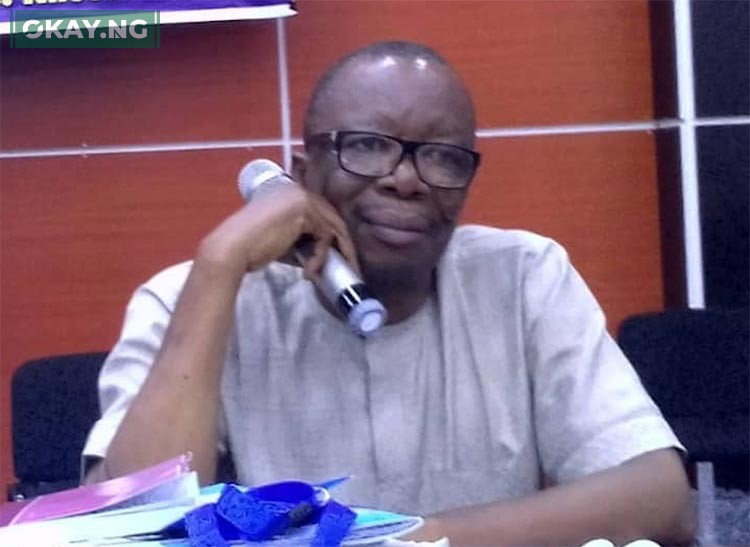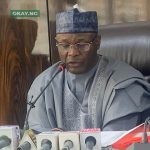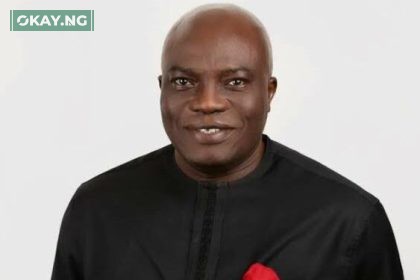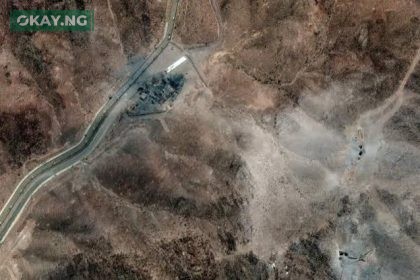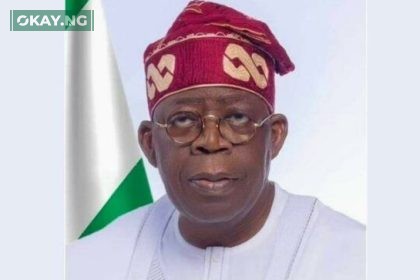The Academic Staff Union of Universities (ASUU) has strongly criticized Nigeria’s widespread institutional weaknesses, bureaucratic inefficiencies, and entrenched corruption, which it says are crippling governance across all levels.
Speaking at the union’s 23rd National Delegates Conference held at the University of Benin, ASUU National President, Prof. Emmanuel Osodeke, lamented the absence of inclusiveness, transparency, and accountability in government operations.
Osodeke pointed to the country’s deteriorating socio-economic conditions, attributing these to the government’s uncritical adoption of neoliberal economic policies. He highlighted the resulting apathy, cynicism, and the mass exodus of youths, popularly known as “Japa.” Despite Nigeria’s abundant resources, including oil reserves and agricultural potential, the nation grapples with soaring unemployment, inflation, poverty, and currency depreciation.
He stressed, “With its vast oil reserves, agricultural potentials, and energetic young population, the country should be a leader in global development. Instead, it wrestles with high unemployment, inflation, a depreciating currency, and rising poverty rates.” Osodeke also criticized the neglect of the informal economy, which sustains millions but receives scant policy attention. When policies do address this sector, they often stifle growth through excessive taxation and charges on energy and communication.
While acknowledging some progress in economic diversification efforts, especially in technology and agriculture, Osodeke questioned the sincerity of government reforms. He cited the ongoing brain drain as evidence of policy failure, stating, “The massive brain drain, as professionals and young graduates seek better opportunities abroad, is a direct indictment of the state of national affairs and the unmitigated failure of the ill-informed and inappropriate reforms.”
The ASUU president further condemned the nation’s security challenges, including Boko Haram insurgency, banditry, kidnappings, secessionist agitations, and jungle justice, which afflict all regions of Nigeria. He warned that these crises foster fear, stall development, deepen ethnic and religious divisions, overwhelm security agencies, and erode public trust. “Without peace and stability, development remains a mirage,” Osodeke concluded.


